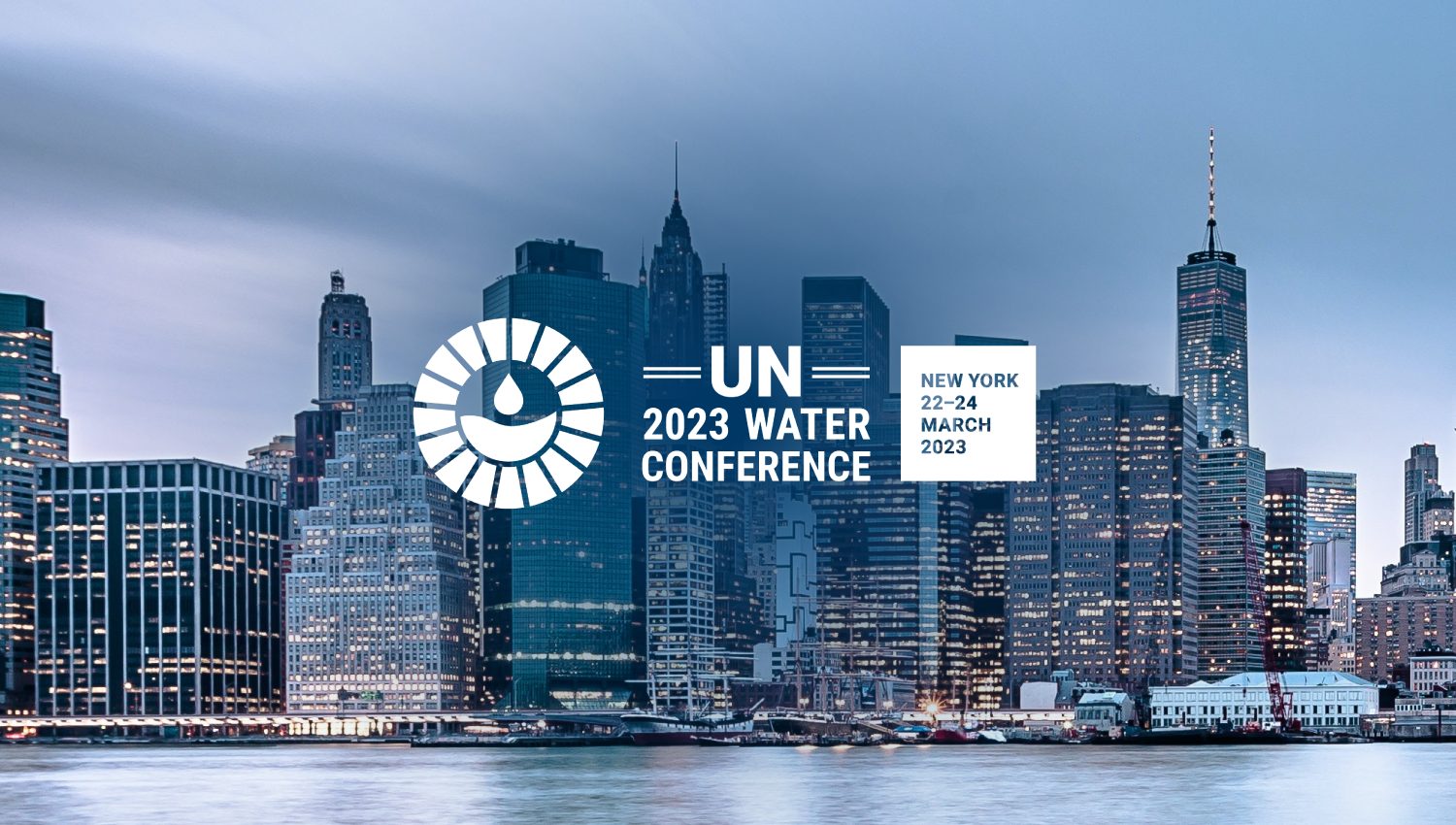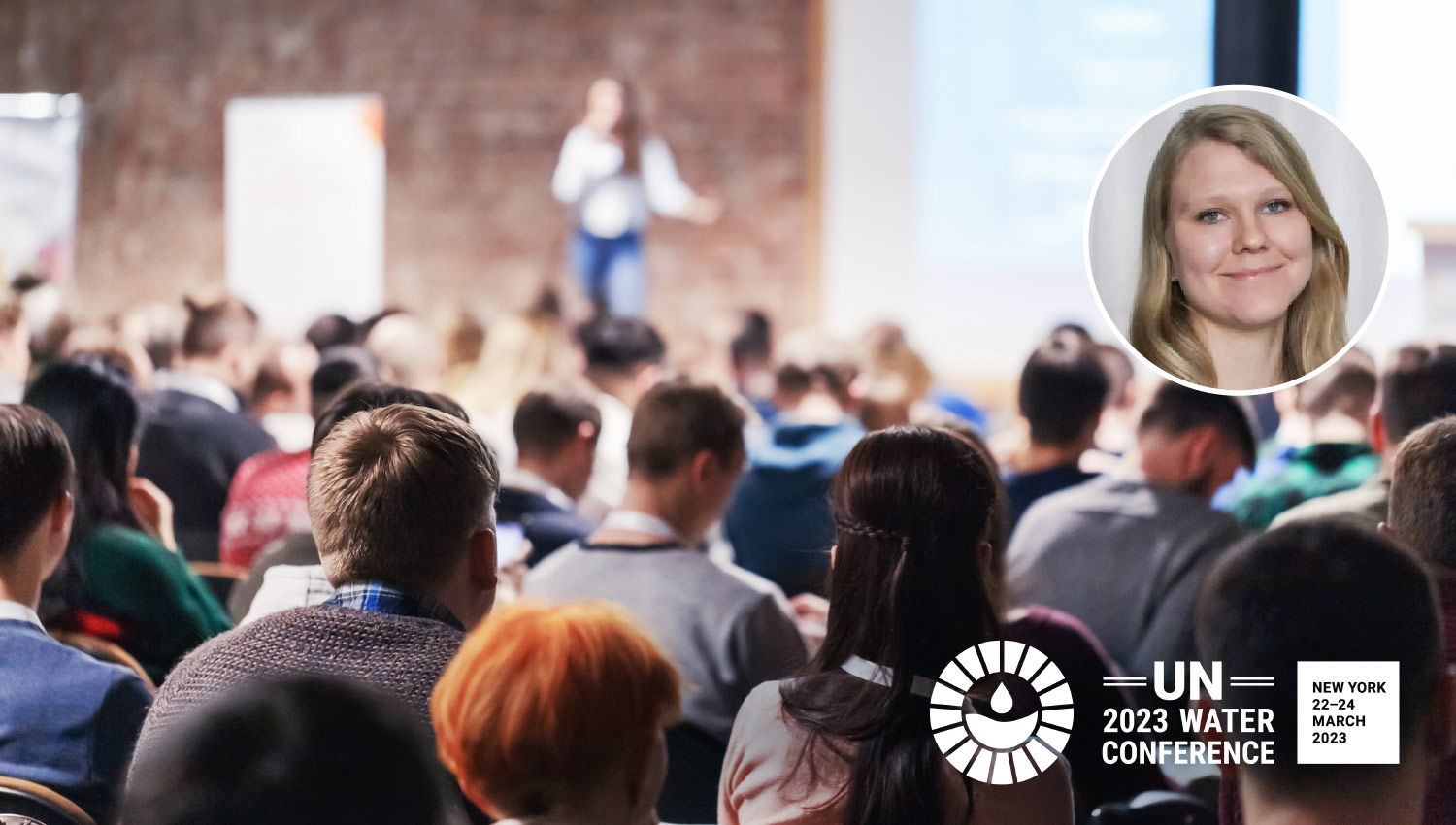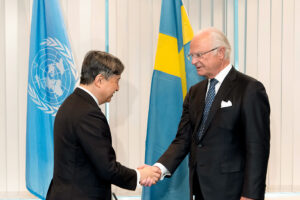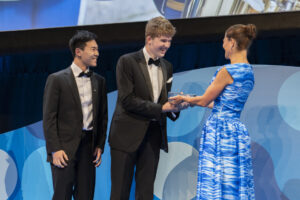New tools for better dialogues between generations
Young water professionals have geared up for the UN 2023 Water Conference with bolder demands for inclusion, but will they succeed? We spoke to SIWI’s Tove Lexén about youth expectations and new tools for better dialogues between generations.
Tove Lexén is in New York to participate in New York Water Week and the UN 2023 Water Conference (22-24 March) as part of SIWI’s International Policy team. Much of her interest will be focused on the vibrant youth movement for water, which has gathered steam in the past decade and comes to New York with concrete demands for greater inclusion.
What are the most important trends when it comes to youth involvement in water?
I would say the focus right now is much more about embracing the intergenerational perspective, as opposed to solely looking at including youth in decision-making. A comprehensive approach is required, to balance the contributions from both junior and senior water professionals if we are to advance the water goals. Included in this is acknowledging the fresh perspectives that young people have, such as innovative thinking, being solutions-oriented, and having ambition and drive. Young people are increasingly being recognized as more than just ‘young’, they bring with them important tools to solve the complex challenges we are facing.
In a session about the 30-30-30 initiative by the World Youth Parliament for Water that I attended earlier in the week, which focused on the consistent inclusion of people under 30 in decision-making and strategic positions, Henk Ovink, the Water Envoy from the Kingdom of the Netherlands, shared two reflections from his eight-year mandate period that I think are important to carry forward. He said that young people, by being provocative, have brought energy into the partnership between senior and junior water policy makers, which has undoubtably advanced actions. He also gave a task to young water professionals, to be part of forming the structure of accountability of the Water Action Agenda. I think his messages are cases in point for the trends we see now, where young people are acknowledged for their additional value and capacity to form part of crucial aspects on the international work on water.
“...actors in the water sector need to be bold and dare to trust young people's abilities. They also need to be open-minded and open to new ways of approaching problems, and not be stuck in formalities.”
What are the biggest obstacles to youth participation?
I believe the biggest obstacles are:
- Lack of real commitment to consistent inclusion.
- Lack of access to decision-making positions; those having worked in the sector for years with the right contacts are often preferentially selected over those with the necessary capabilities.
- Lack of access and economic resources for young people in the global south, preventing them from traveling to conferences etc.
- Education system that doesn’t prepare young people for the labour market in the water sector.
- Education system that is not interdisciplinary, whilst the problems we face are and require cross-collaborative approaches.
To solve all the of the above, actors in the water sector need to be bold and dare to trust young people’s abilities. They also need to be open-minded and open to new ways of approaching problems, and not be stuck in formalities. There also needs to be a reformation of the educational system so it encourages young people to work in water and apply an interdisciplinary approach to their work. Furthermore, the work needs to be inclusive for everyone worldwide by providing resources for less privileged people to attend conferences, as well as developing virtual formats that allow remote participants to join on equal terms.
How can we have more of a dialogue between generations?
I think the most important shift we need for this to happen is to move away from only categorizing people based on their age or years of expertise and instead look at the different valuable perspectives they bring. By doing this we can move away from the stigmas and tensions, and instead apply a solutions-oriented mindset that everyone gains from.
I will be holding an intergenerational event during the conference, with the purpose of unpacking the structures and methods for intergenerational cooperation that could be widely applicable. I’m very excited about this event and what lessons it can bring.
What do you hope will come out of the UN 2023 Water Conference?
I hope the conference will be a moment of bold commitments. I also hope that we will agree on a structure for how to follow-up on the Water Action Agenda to make sure the work proceeds and progresses.
What else will you be doing in New York?
I am engaged in several youth-related events in the New York Water Week Water House, such as the ‘Future is Now! – Intergenerational Changemakers on Water’ which took place on Monday 20 March.
I am also leading on two side events inside the UNHQ tomorrow, Friday 24 March.
- Promoting Private-Public Partnerships – a vehicle towards fulfilling SDG 6 and climate Actions, 08:00 – 09:15
- Accelerating Blue financing of Nature-based Solutions for water security and disaster risk reduction, 15:30-16:45
Follow SIWI to New York
On 22-24 March, the United Nations headquarters in New York will host a historic conference on freshwater. SIWI will play an active role to ensure that countries finally tackle the urgent water crisis and deliver on commitments already made.
Learn more about our position and activities








